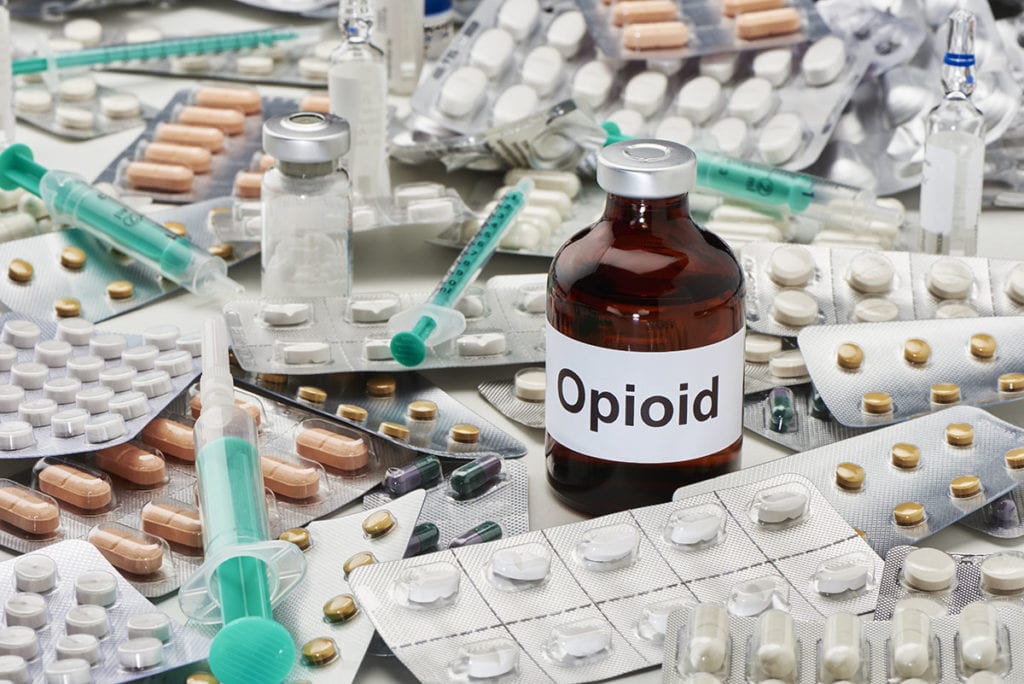The opioid crisis is progressing at an alarming rate and it is taking a financial toll on us all. Estimates of the cost vary by source, but a recent study showed that the current cost of the opioid crisis to the U.S. is a trillion dollars since 2002 and will cost another $500 billion by the end of this year.
The study, sponsored by the healthcare company Altarium, found that the greatest cost was the result of lost earnings and productivity from overdose deaths. The research was based on 62,500 opioid-related deaths in 2017. The findings included an estimated loss of $800,000 per person. This was based on an average age of 41 among overdose victims. That figure includes lost wages of workers and loss of productivity for employers. It also includes lost tax revenue for the government and additional spending for health care, education, criminal justice and social services.
The staggering losses and devastation point to the importance that people seek inpatient or outpatient treatment before it is too late.
Opioids and Medical Care
The study showed that the healthcare sector has endured significant costs due to the opioid crisis, estimated to be $215.7 billion from 2001 to 2017. These costs were largely related to emergency room visits for overdose. The breakdown of fees includes:
- Treating and stabilizing patients after overdose
- Ambulance costs
- Naloxone administered to stop overdose
- Related and indirect health care costs
- Treatment of complications
Many of the costs have fallen on Medicaid’s shoulders, the study reported, but there are additional health care cost burdens on individual states.
The Opioid Crisis and Business
The Centers for Disease Control and Prevention has started an initiative to protect worker health and prevent opioid overdoses. It outlined specific statistics on opioid use among workers, including:
- Dependency on prescription opioids, abuse of the medicine and overdoses cost the United States $78.5 billion as of 2013.
- Over one-third ($29 billion) is attributed to increased health care and substance abuse treatment expenses.
- It was estimated that 25% of workers’ compensation prescription drug claim costs were for opioids in 2011.
- It was also estimated that about one-quarter of the cost falls on the shoulders of the public sector. This included substance abuse treatment and criminal justice related costs.
Underestimated Costs of the Opioid Crisis
As part of the Trump Administration’s investigation into the opioid crisis, the Council on Economic Advisors (CEA) released a document called “The Underestimated Cost of the Opioid Crisis” in November 2017. It states: “The opioid drug problem has reached crisis levels in the United States — in 2015, over 33,000 Americans died of a drug overdose involving opioids, CEA finds that previous estimates of the economic cost of the opioid crisis greatly understate it by undervaluing the most important component of the loss — fatalities resulting from overdoses.”
The paper looked at the economic cost of these deaths using conventional economic estimates for valuing life, routinely used by U.S. federal agencies. Also factored in were underreporting of opioids in overdose deaths, heroin-related fatalities and nonfatal costs of opioid misuse. Based on that, “CEA estimates that in 2015, the economic cost of the opioid crisis was $504.0 billion, or 2.8 percent of GDP (Gross Domestic Product) that year. This is over six times larger than the most recently estimated economic cost of the epidemic.”
How Can We Get Beyond the Opioid Crisis?
All numbers point to the human toll and the financial toll of the opioid crisis growing larger. These are some of the suggested ways to address the opioid crisis:
- More training for physicians on best practices for prescribing pain pills.
- Developing opioid-free ways to treat pain.
- Identifying and better managing the needs of substance users.
- Improved understanding of drug rehab and the length of time needed for people with addiction to have a more successful recovery.
If your current cost of the opioid crisis is an opioid addiction, it’s time to get to help. At Promises Behavioral Health, we offer treatment for:
To learn more about the current cost of the opioid crisis, call 844.875.5609 today.

